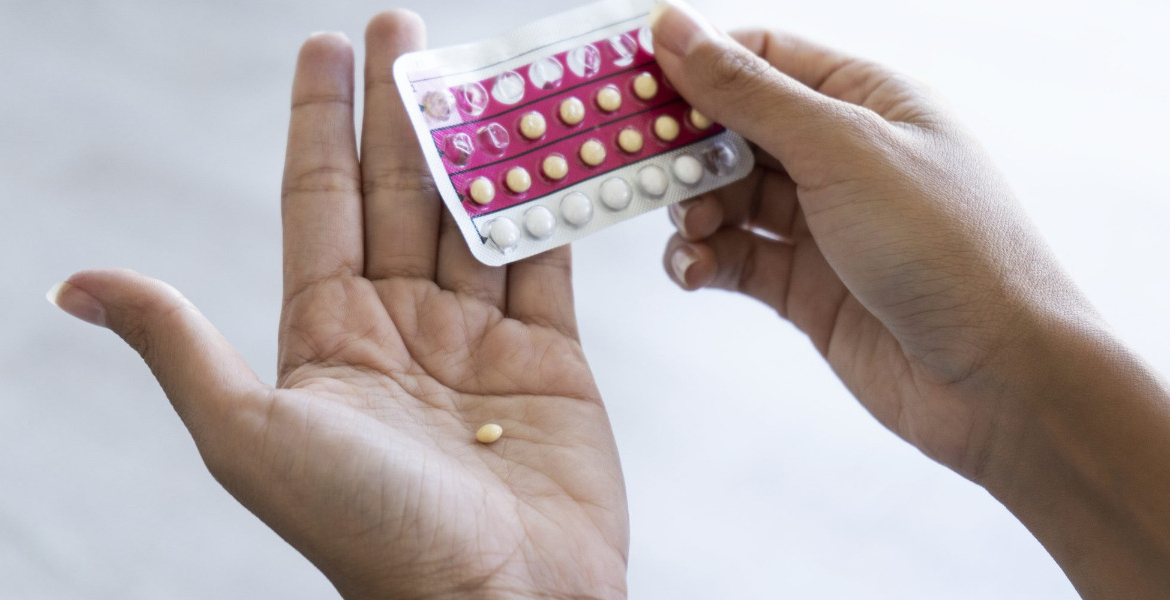8 in 10 Married Women in Kenya Seek Contraceptives, Health Data Reveals

New figures from Kenya’s Ministry of Health reveal a growing number of married women under 49 are choosing to delay or stop childbearing, with nearly half saying they want no more children and another 30 percent seeking to postpone their next pregnancy.
The data, published in the National Update on the Family Planning Programme, indicate a clear shift in reproductive goals among Kenyan women. The Ministry attributes the trend to greater awareness, improved access to contraceptive options, and changing social and economic priorities.
The report, compiled by the Division of Reproductive, Maternal, Neonatal, Child and Adolescent Health, also highlights a persistent gap between urban and rural fertility rates. Women in rural areas have an average of 3.9 children, compared to 2.8 in urban areas, a disparity linked to unequal access to reproductive health services.
Central to the government’s response is the National Family Planning Programme, which aims to ensure universal access to quality, affordable, and accessible contraceptive methods. The Ministry said the programme is designed to empower individuals to make informed reproductive decisions and help families achieve their desired family size.
Currently, six in ten women are using modern contraceptive methods, with injectables being the most widely used, followed by implants, oral pills, and intrauterine devices (IUDs). Increased public education, improved supply chains, and delivery innovations such as self-injection and the Total Market Approach have contributed to the rise in uptake.
The Ministry also credited the adoption of the Integrated Logistics Management Information System (iLMIS) with improving the distribution and monitoring of contraceptive supplies across the country. Officials say the growing use of family planning is expected to reduce unintended pregnancies and improve maternal and child health outcomes.
Broader benefits include enhanced economic stability and greater gender equity, as reproductive autonomy becomes a core part of national health policy.
World Contraception Day, marked on 26 September, highlights the global push for accessible and reliable family planning.








Add new comment